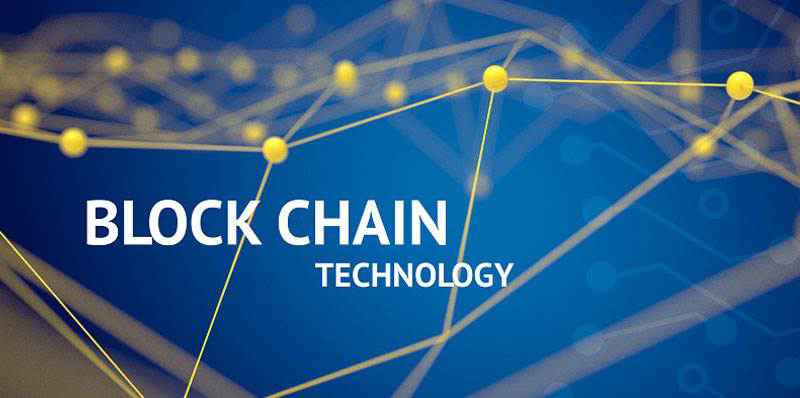Blockchain allows distributed ledger to maintain duplicate copies of transactions on several other computer systems too. Individuals involved in the blockchain network can view all the transactions on multiple computer systems. Furthermore, if the transaction is recorded once it cannot be erased but one can update the blockchain with permission from the majority of the participants in the network. However, traditionally cross-border payment struggles with various issues including the long duration for task completion, many intermediaries, and high transaction cost. However, blockchain technology does not require any intermediaries. It allows instant transaction and also incurs less transaction cost.
Blockchain technology has rebuilt transaction management by substituting intermediaries with advanced and secured digital records. A banking network facilitates all the parties to settle and share all the important business transactions and information. It also provides the fastest processing speed along with information traceability for all the individuals involved in the network, thereby it is expected to escalate the growth of the global blockchain in the BFSI market. Blockchain enhances security as it offers cryptographic security for transactions and databases. The architectural boundaries in making payments globally along with several other combinations of processes and policies are the key factors fuelling the growth of the global blockchain in the BFSI market. Blockchain technology offers transactions at high speed that helps in creating a real-time payment system that supports privacy policy and other compliances.
Blockchain operator works on a distributed ledger with the decentralized network, thereby reducing chances of fraud in the banking and financial sector. Owing to the decentralized nature of blockchain technology, the monetary transaction assures improved security in bank records.
The global blockchain in the BFSI market can be segmented into end-user, organization size, application, components, and region.
By end-user, the market can be segmented into non-banking financial companies, insurance companies, and banking.
By organization size, the market can be segmented into small-medium enterprises and large enterprises.
By application, the market can be segmented into compliance management, smart contracts, payment & settlements, record keeping, digital currency, and others.
By component, the market can be segmented into services and platforms.
North America accounts for the largest share in the global blockchain in the BFSI market owing to the presence of international leaders like Intel Corporation, Oracle Corporation, and Microsoft Corporation in the region. The growth in the adoption of blockchain technology by insurance companies and banks in the region to offer improved customer experiences is further likely to accelerate the growth of the regional market in the forthcoming years.
Asia Pacific is expected to foresee huge growth in the forthcoming years due to the increasing utilization of the technology by financial institutes in the region.
Some of the significant players in the global blockchain in BFSI market are Oracle Corporation, Microsoft Corporation, Microsoft Corporation, International Business Machines Corporation, Hewlett Packard Enterprise Development LP, Bitfury Group Limited, Amazon Web Services, Inc., Auxesis Services & Technologies (P) Ltd., AlphaPoint, and SAP. To cite, Infosys in December 2019 collaborated with R3 company to come up with blockchain solutions in the finance sector. This initiative was taken to assist banks in conveniently accessing and boosting Finacle’s blockchain solutions.
